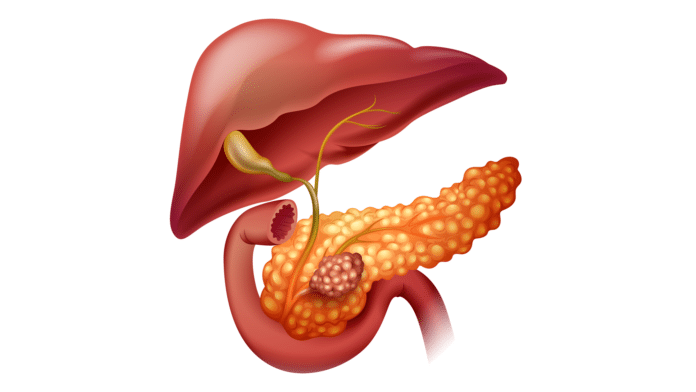Pancreatic cancer is one of the most aggressive and lethal forms, with a low survival rate. Researchers have been investigating various factors that may contribute to its development and progression for years.
A recent study aimed to explore the potential role of fungi in driving pancreatic cancer, as previous studies had suggested a possible link between certain fungal infections and cancer. However, this new research presents compelling evidence that challenges the last hypothesis.
Duke Health researchers attempted to validate a previous finding that suggested a link between the pancreatic microbiome (particularly fungi) and the development of pancreatic cancer. However, they found no such association after conducting a thorough analysis of the data from the earlier study and using additional pancreatic cancer tissue from their repositories.
Despite the initial intriguing hypothesis, their research did not support the idea that fungi significantly drive pancreatic cancer in humans. Based on the earlier findings, the hope of using antifungals or other approaches for preventing pancreatic cancer was not confirmed in this study.
Senior author Peter Allen, M.D., professor in the Department of Surgery and chief of the Division of Surgical Oncology at Duke University School of Medicine said, “We believe our findings highlight the challenges of using low biomass samples for microbiome sequencing studies. Including appropriate negative controls and efforts to identify and remove sequencing contaminants is critical to interpreting microbiome data.”
The research involved a comprehensive analysis of pancreatic tumor samples from patients with various stages of pancreatic cancer. Healthy pancreatic tissue samples were used as controls for comparison.
Surprisingly, the study found minimal evidence of fungal presence in most pancreatic tumor samples. Contrary to previous studies, there was no significant increase in fungal components in cancerous tissue compared to healthy controls. Moreover, the genomic and proteomic analyses revealed no conclusive patterns suggesting any direct involvement of fungi in the development or progression of pancreatic cancer.
Like any scientific study, this research has its limitations. The sample size used in the study may not have been large enough to detect rare fungal occurrences in pancreatic cancer cases. Additionally, the study did not consider the possibility of certain fungal species or strains having specific roles in cancer development, which could warrant further investigation.
The latest study offers valuable insights into the complex landscape of this cancer development. By challenging the previous assumption of a direct link between fungi and pancreatic cancer, this research opens up new avenues for exploring the drivers of this devastating disease. As researchers delve deeper into the underlying mechanisms, a clearer understanding of this cancer pathogenesis could lead to more targeted therapies and improved future patient outcomes.
Journal reference:
- Peter J. Allen, Fletcher, A.A. et al, Revisiting the intrinsic mycobiome in pancreatic cancer. Nature. DOI: 10.1038/s41586-023-06292-1.
